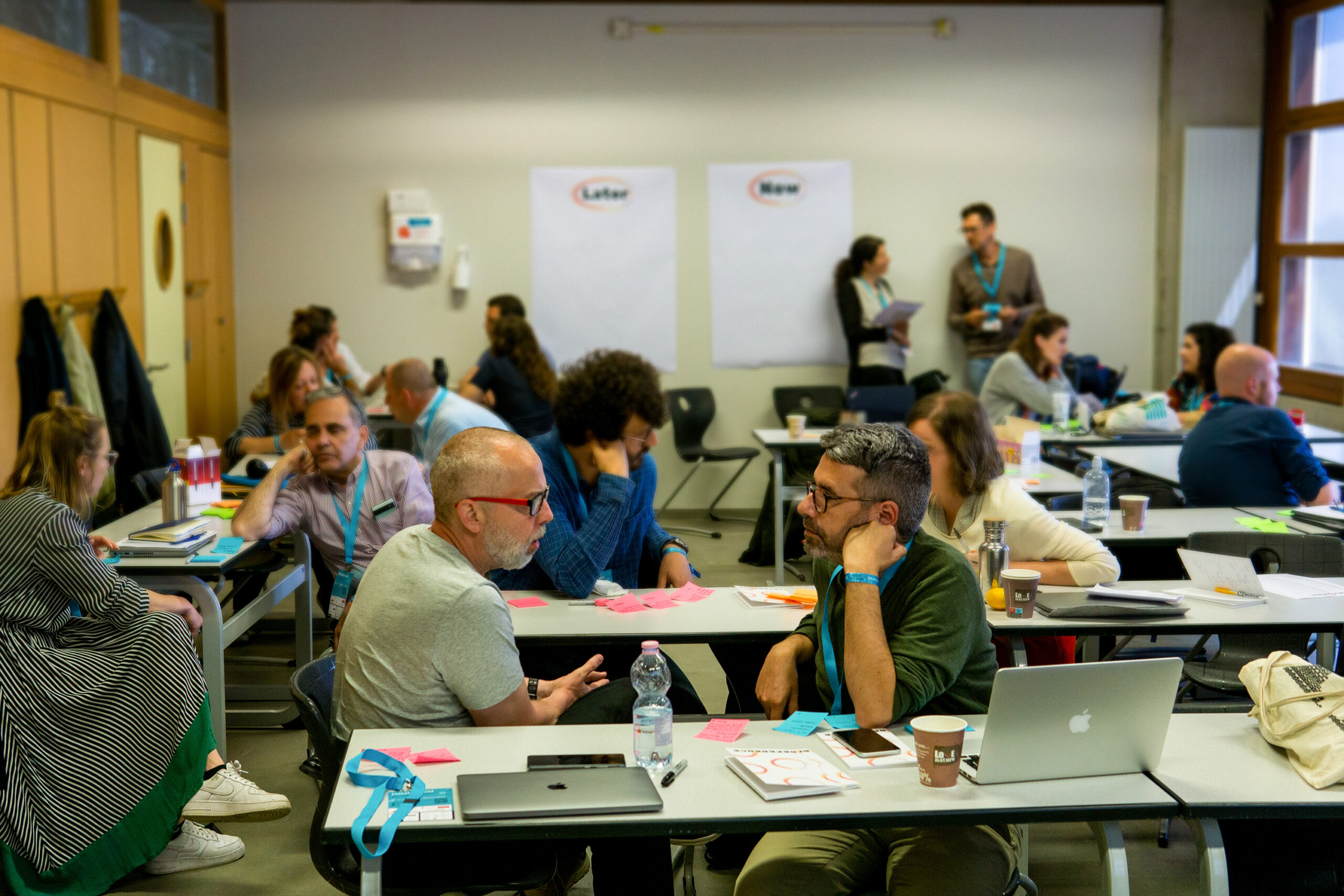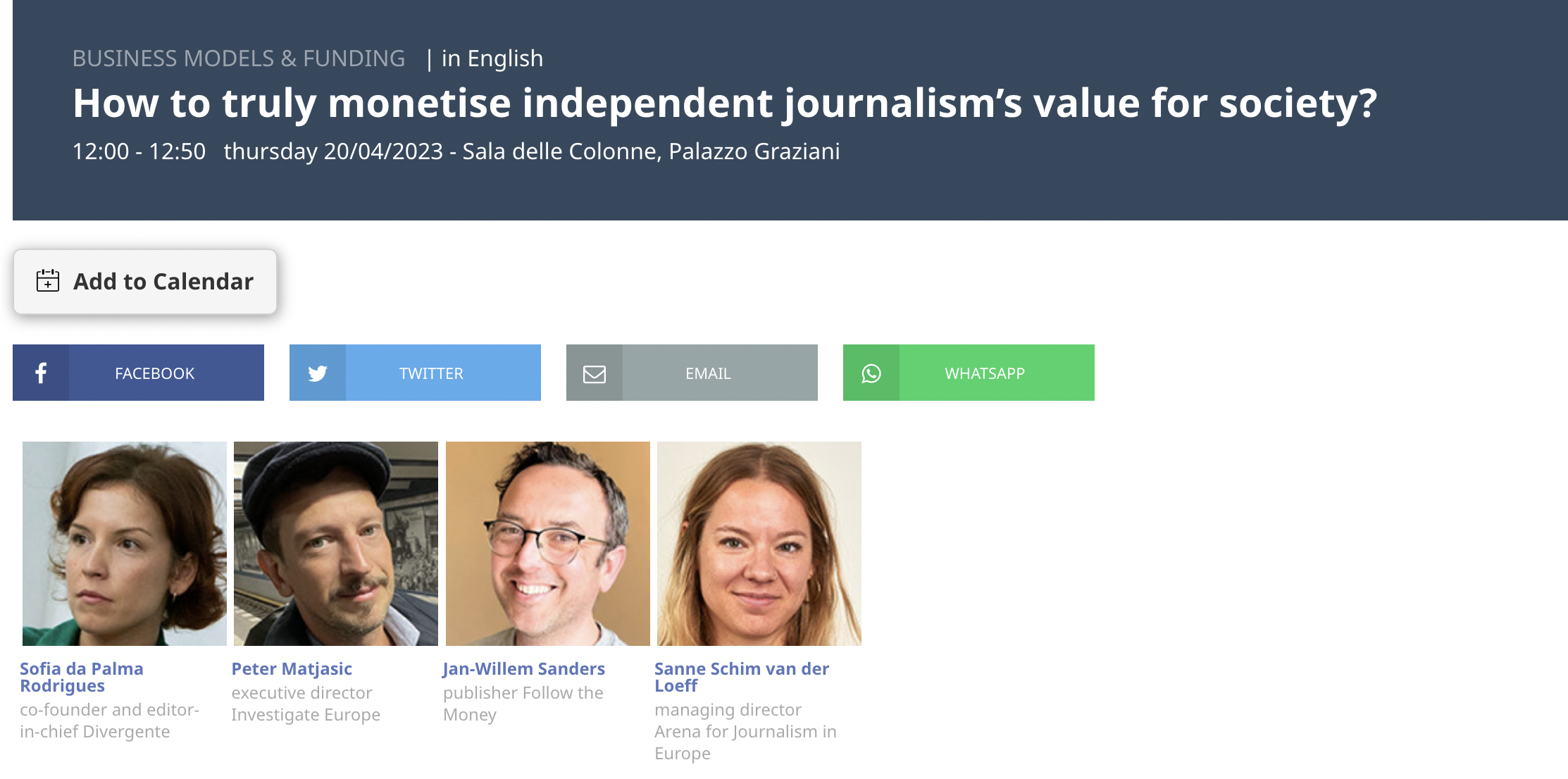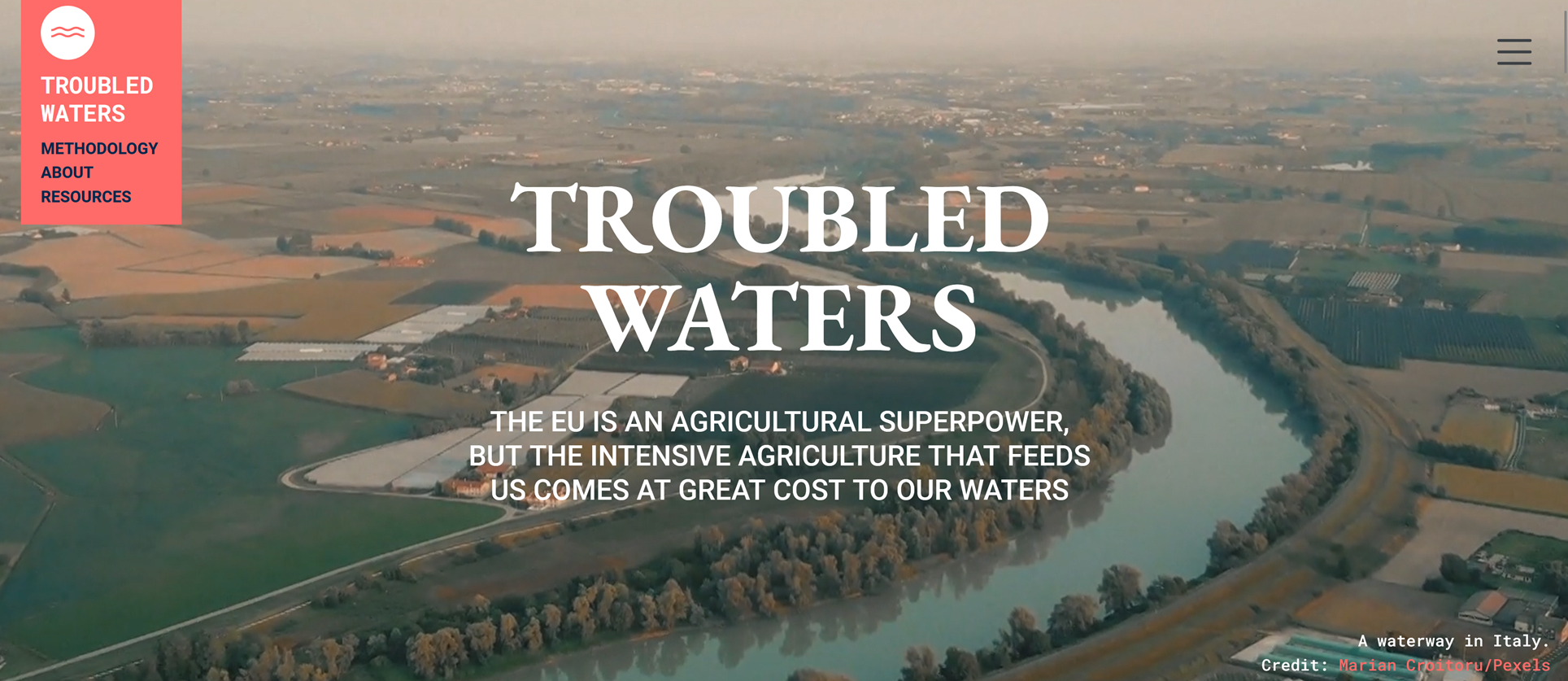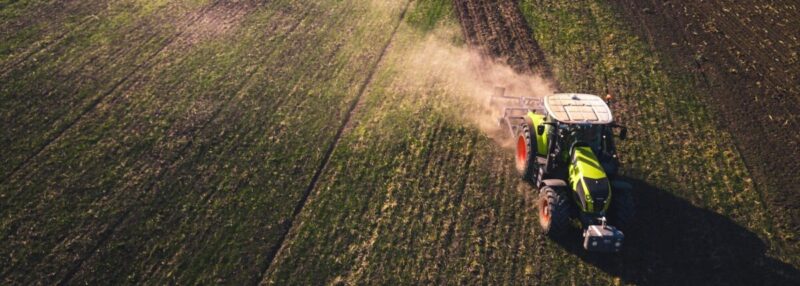A light is illuminating Europe – the light of independent media. In the last decade new forms of public interest media organisations have flickered into existence across Europe, beginning to fill the darkness left by the retreat of legacy media.
Managing director moves on
In the past year, Arena has taken a major leap in its organisational development, and now the managing director, Sanne Schim van der Loeff, has decided to move on to a new position. Sanne joined Arena in April 2022 and will leave Arena by mid-September 2023. ”We are very sad to see Sanne go. She took … Read more





